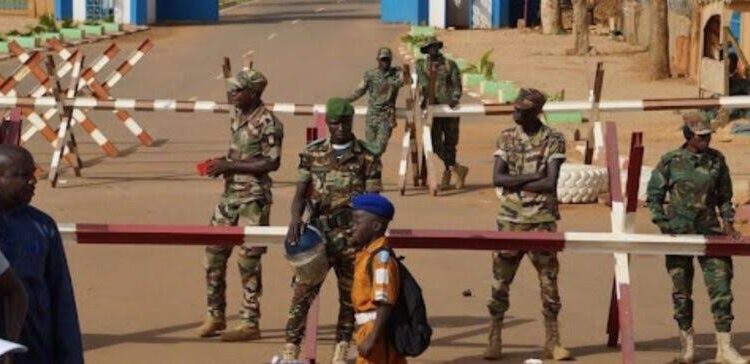Niger-Benin Border Standoff Chokes Trade as Security Tensions Persist
Nearly two years after Niger’s military seized power and shut its border with Benin, tensions over sovereignty, security, and French influence have hardened into a prolonged standoff that is crippling trade and straining diplomatic ties between the two West African nations.
Benin, which firmly denies allegations of hosting foreign forces destabilising Niger, says it has made repeated overtures to ease the border blockade. But with little progress, economic hardship is deepening on both sides.
“The people of both countries are the ones suffering,” said Nigerien haulier Ibrahim Abou Koura, who operates from Cotonou, Benin’s economic capital. His once-busy compound in Zongo now sits nearly empty.
Niger’s military leader, General Abdourahamane Tiani, has repeatedly accused Benin of allowing French troops to use its territory to train jihadists targeting Niger. In May, he declared the border would “remain closed,” stating the issue lies with French forces, not the Beninese government.
Since the 2023 coup, cross-border trade and travel have slowed to a crawl. Passenger buses are running below capacity, and transport hubs are eerily quiet. Yet some movement continues—informally—via the Niger River, a natural boundary between the countries.
“Goods and people still cross the river and continue their journey into Niger,” said Alassane Amidou from Malanville, a northeastern Benin town.
For trucks unable to cross the water, risky detours through jihadist-plagued areas of Burkina Faso are the only alternative—an option few are willing to take.
“The Niger-Benin corridor remains the safest, most profitable, and shortest route for transporters,” said Gamatie Mahamadou, secretary-general of Niger’s truck drivers union in Niamey. He urged the military government to restore diplomatic ties with Benin, warning that continued isolation threatens both the national economy and the safety of workers.
Some cautious optimism emerged late last year when oil exports to Benin’s Seme-Kpodji port resumed via a cross-border pipeline. But uranium shipments from northern Niger remain suspended, awaiting either renewed dialogue or a new export route.
Benin continues to reject Niger’s accusations and maintains it is open to reconciliation. For now, however, the economic fallout continues to grow, with no end in sight to the border deadlock.



[…] election—widely regarded as the freest and fairest in Nigeria’s history—which was controversially annulled by the military regime of General Ibrahim […]